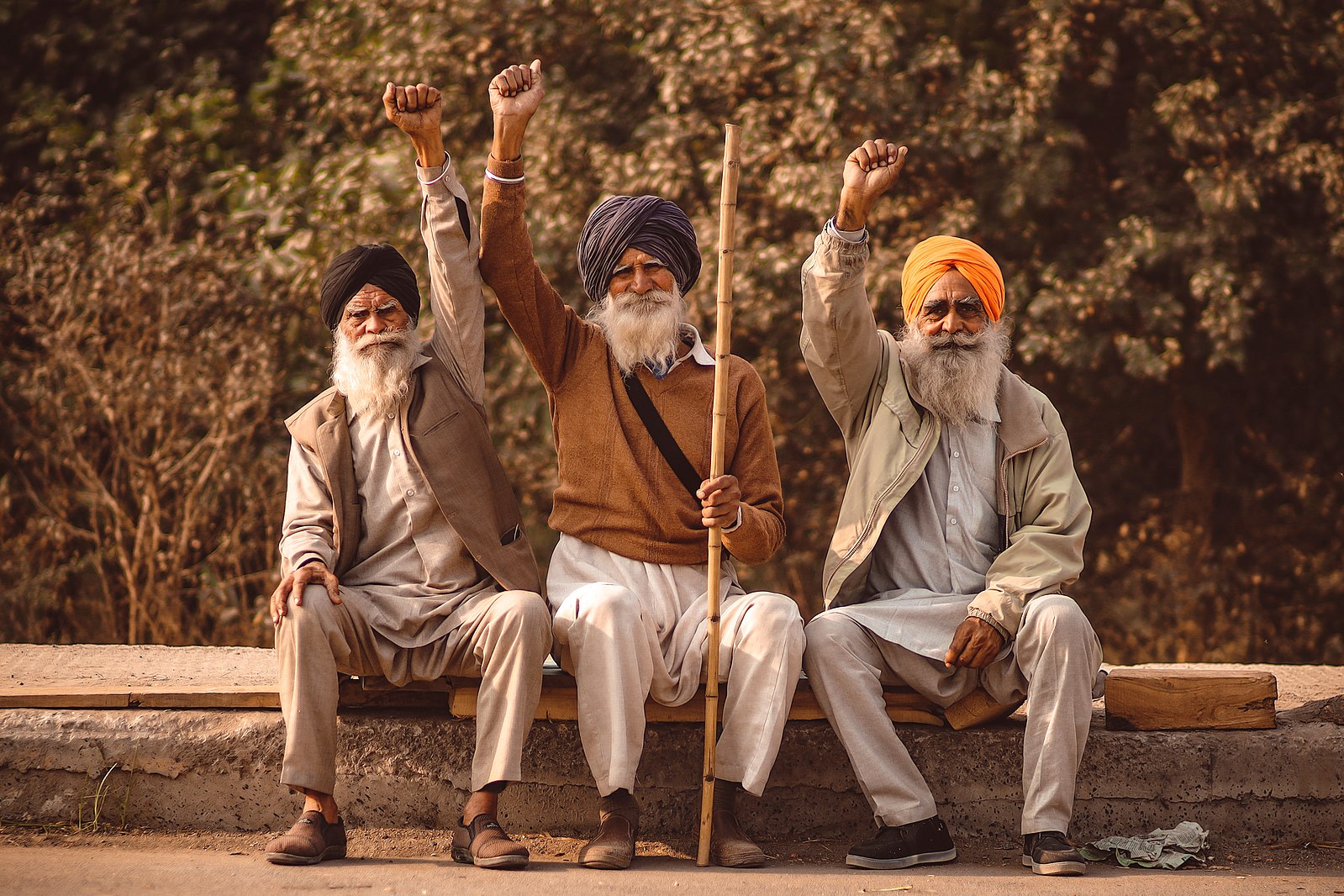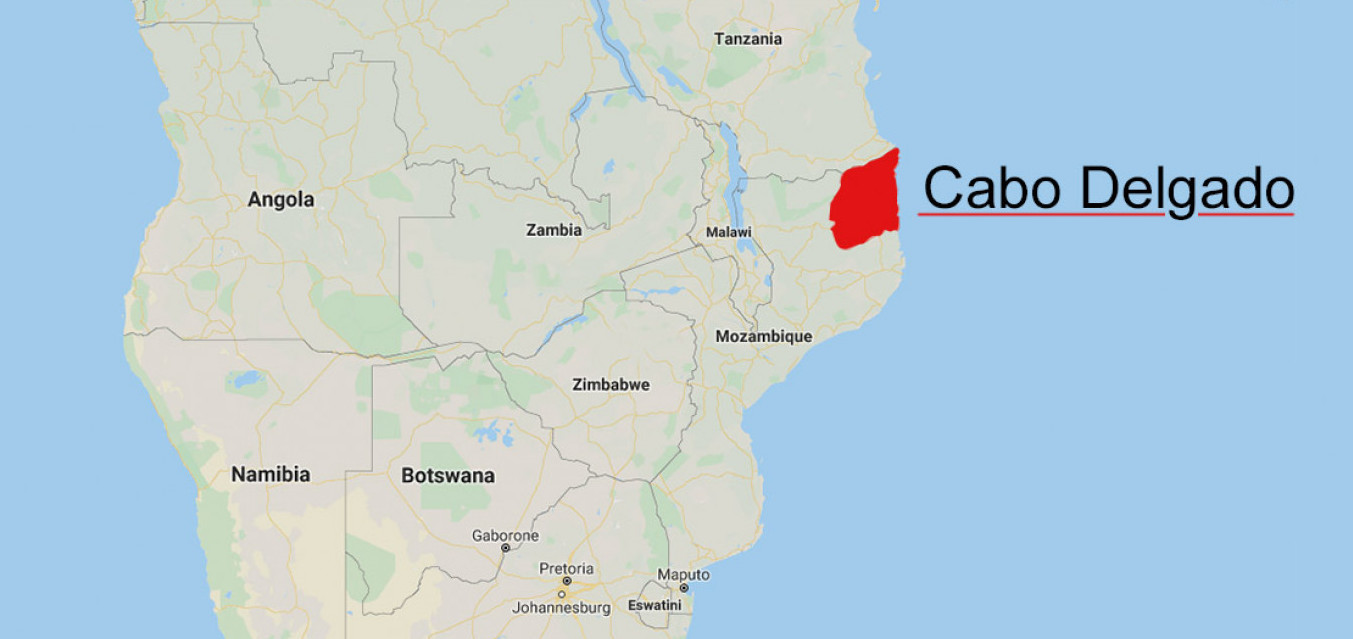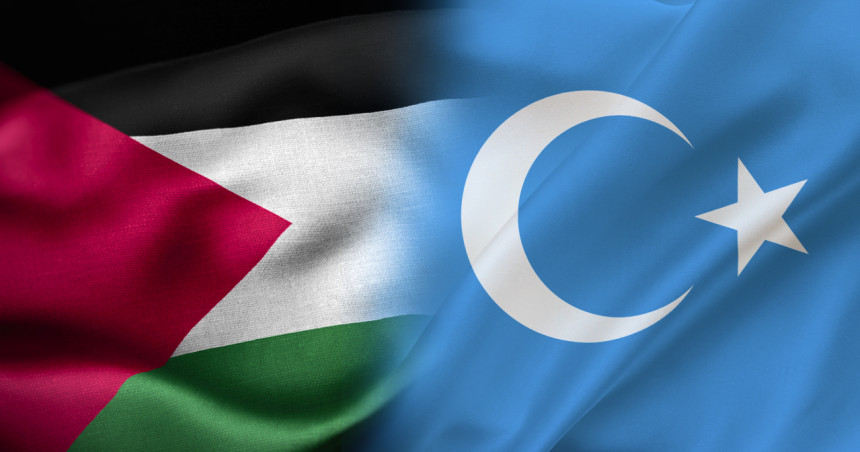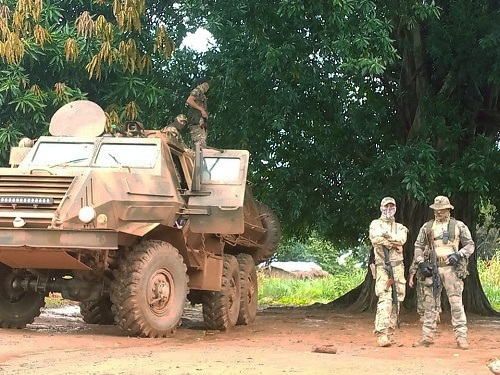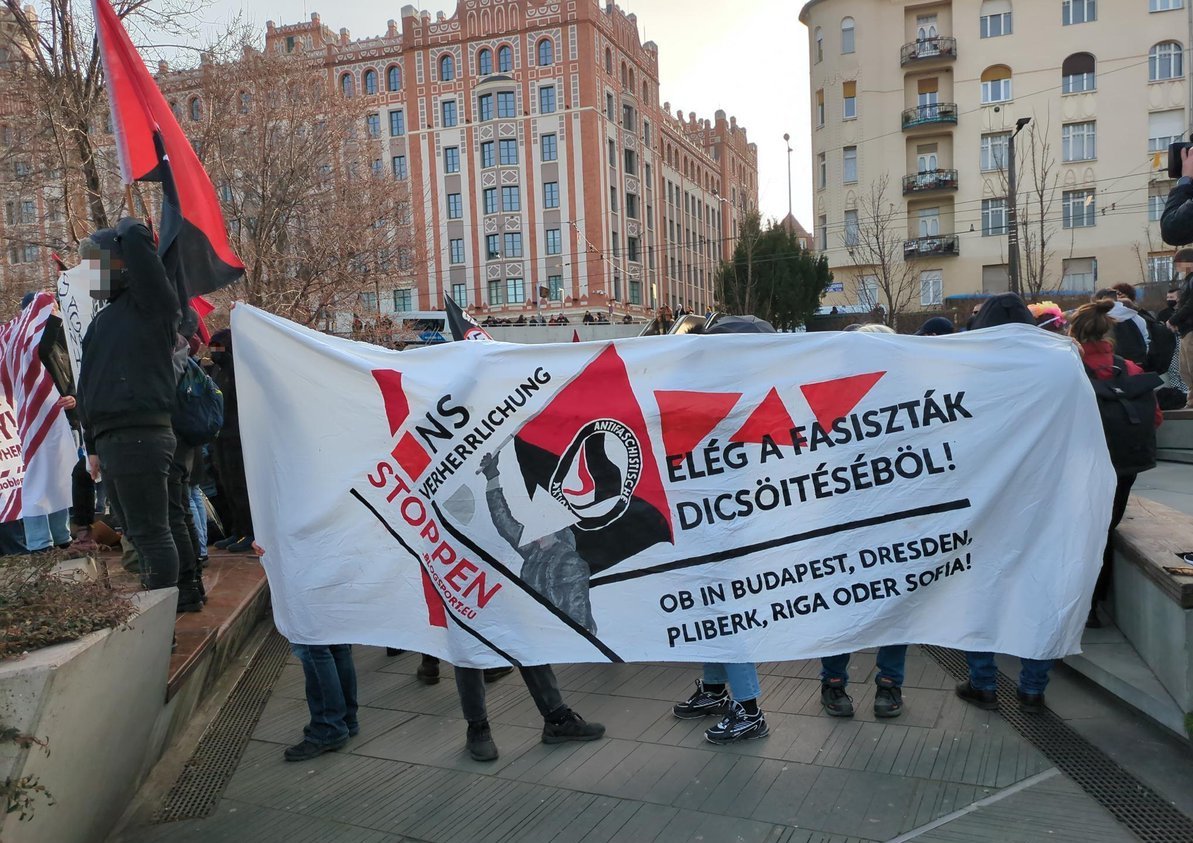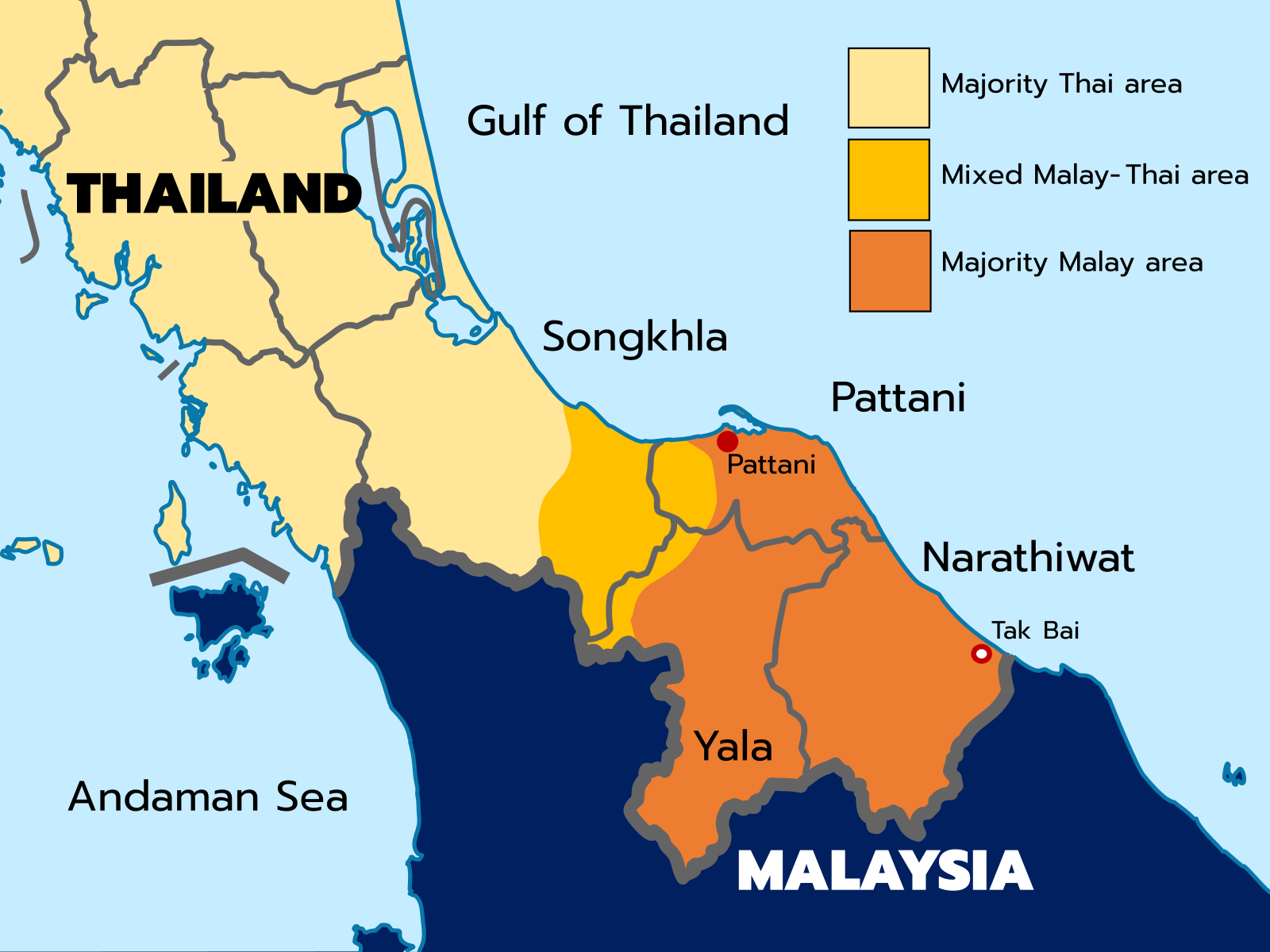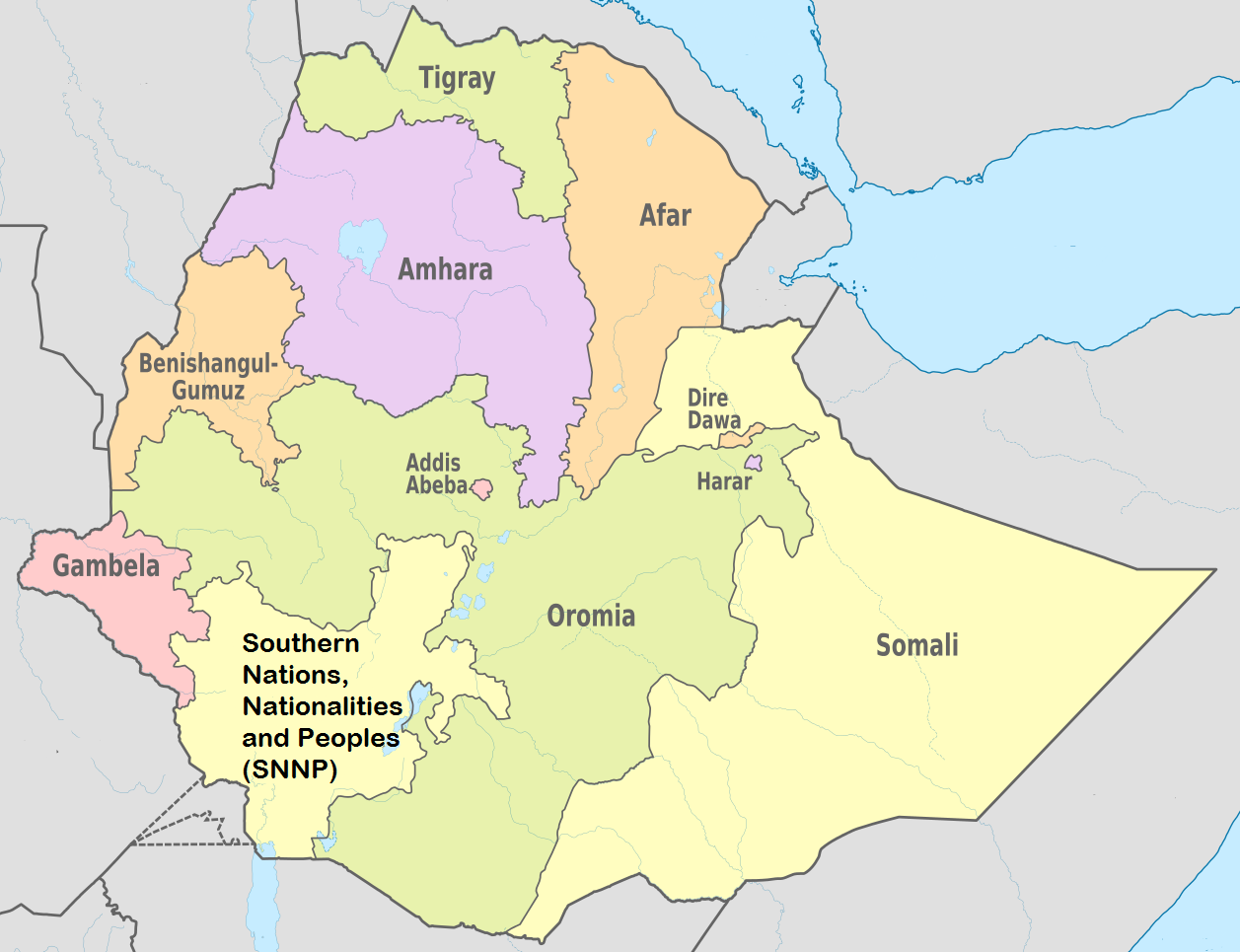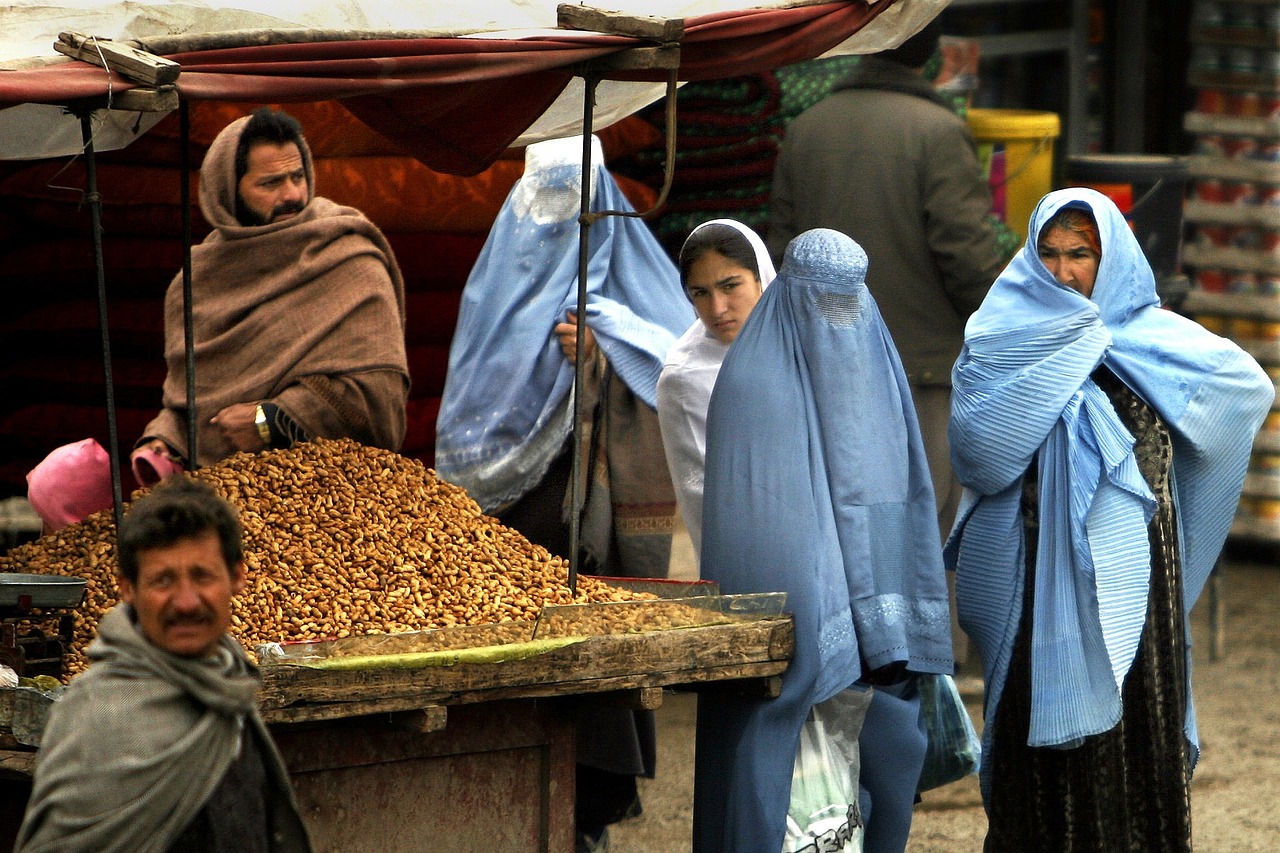
Afghanistan: UN decries restrictions on women’s rights
A United Nations report found that the Taliban’s restrictions on women’s attire and its requirement that women have a male guardian in public are limiting Afghan women’s freedom of movement and access to education, employment, health care and other basic rights. The report by the UN Assistance Mission in Afghanistan (UNAMA) states that many Afghan women are not leaving their homes alone due to decrees issued by the Taliban. The hardline Islamist regime has demanded women wear specific attire in public, such as the all-covering burqa, and only venture outside if accompanied by a close male relative, known as a mahram. (Photo: 12019/Pixabay via Jurist)



